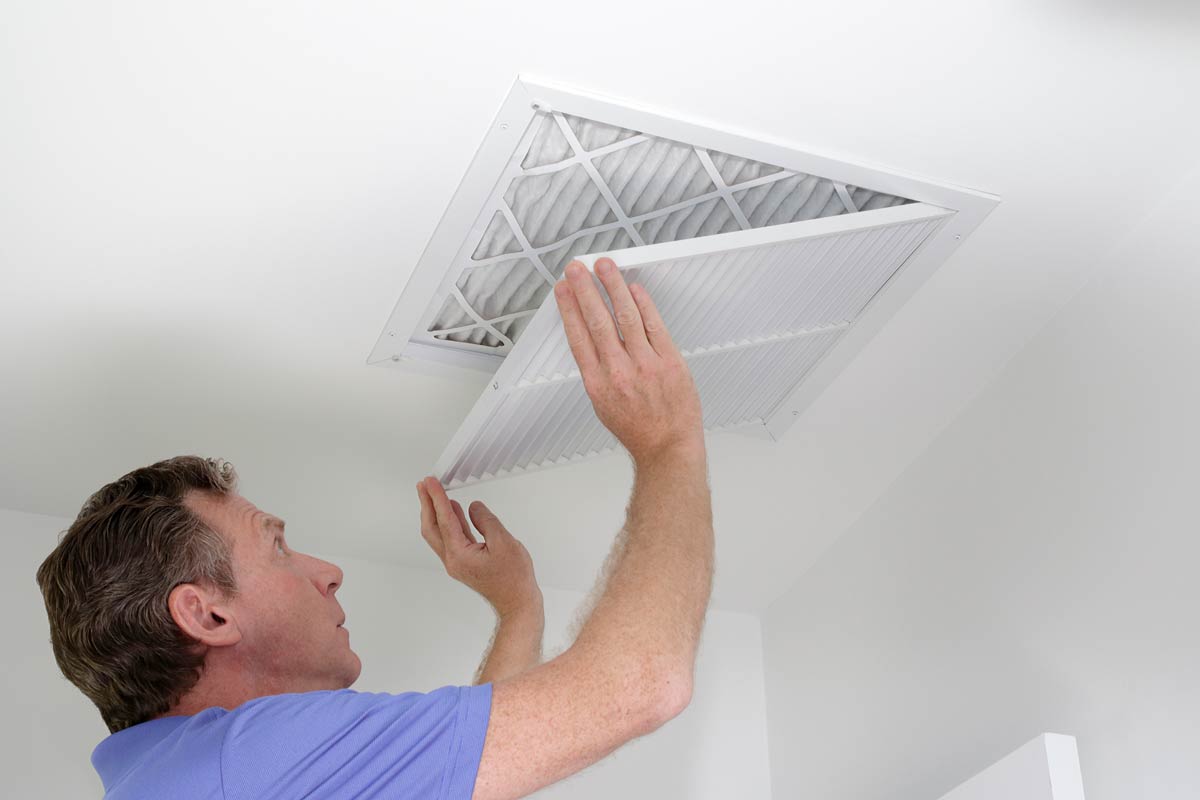
Poor indoor air quality affects the majority of households in the country, according to the U.S. Environmental Protection Agency (EPA). That’s why air filter science and its application is so important, especially now, with the newest virus to contend with in addition to all the usual air-quality issues that can come up. Read on to learn which type of air filter system you may prefer in your Eastern North Carolina home.
Media Air Filters
Media air filters are your regular filters that you change every so often (in most cases the manufacturer recommends every 30 days). They may be foam, cotton, synthetic, or fiberglass. Fiberglass comes in last for a reason: They do little more than capture the largest dust particles that harm your HVAC system and pollute your indoor air. It’s best to choose one of the other materials for your scheduled filter changes.
Electronic Air Cleaners
The old idiom “opposites attract” perfectly describes the air filter science behind electronic air cleaners. Electronic air cleaners are available in portable units or in whole-home systems installed in the air-return duct.
Electronic air cleaners work by charging particulates as they pass through the unit. Then, the particulates are attracted to oppositely charged metal plates. It’s as simple as that. Maintenance is fairly simple too.
HEPA Air Purifiers
High Efficiency Particulate Arresting (HEPA) filters are the top air filter science when it comes to media filters. HEPA filters are dense media filters that capture 99.97% of particulates as small as 0.3 micrometers. These particulates include biological hazards such as viruses, bacteria, mold, and germs.
Not all HVAC systems can handle the HEPA air filter science due to the air resistance it causes across the blower motor. Contact a reputable HVAC company to see if your HVAC system is suitable for HEPA or if any modifications should be made first.
UV Light Systems
Ultraviolet (UV) light systems air filter science is effective enough to use in hospital settings and at food-and-water-processing plants. UV systems target pollutants (i.e., biological contaminants) by destroying their ability to reproduce at a cellular level.
To learn more about air filter science and its practical application in your home, contact Jackson & Sons today.